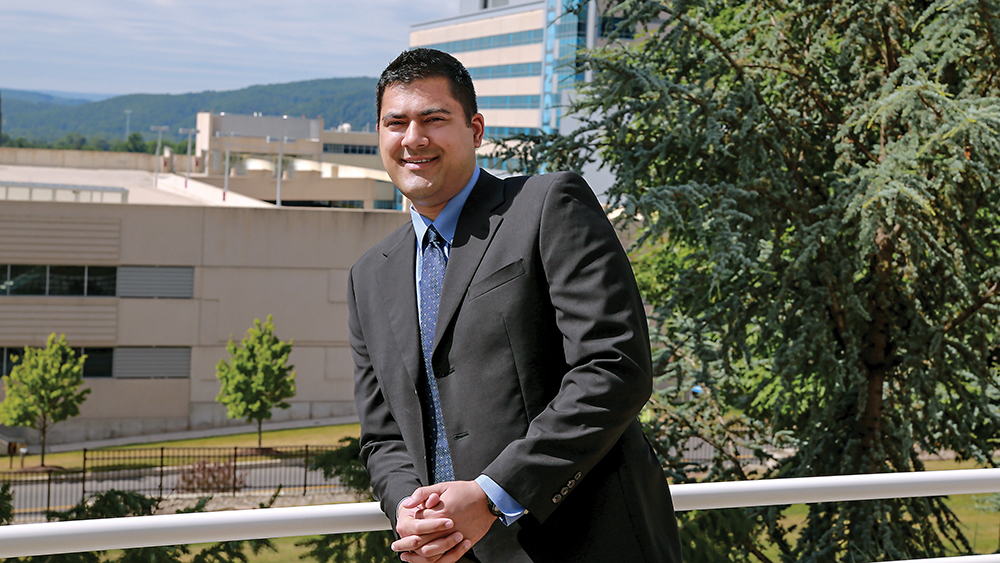Alumni Q&A: Jeffrey Shahidullah, BA ’08, EdS ’11
Did you always have a desire to practice psychology in medical settings?
I always thought I would practice in schools. My interest in working in health care settings was sparked while working in Waco at the Methodist Children’s Home for my EdS internship. Many of the students at MCH were diagnosed with health conditions such as asthma, diabetes and epilepsy. At MCH, I first experienced effective interdisciplinary collaboration working with the on-site child psychiatrist. In addition to evaluations for possible medication initiation, we carried out multimodal treatment and also worked with social workers to gain community support for the students and with the residential home-parents to foster student learning and engagement outside the classroom. After this experience, I wanted to continue learning how to effectively deliver interdisciplinary care across child-serving systems.
What has been your journey from educational experiences to clinical research to your current position with Rutgers?
I obtained my BA in psychology and EdS in school psychology from Baylor and my PhD in school psychology from Michigan State University. I completed an American Psychological Association-accredited predoctoral internship at the Children’s Hospital of Philadelphia and a postdoctoral fellowship at Geisinger Medical Center, both in pediatric psychology. At Rutgers, I train psychologists to practice in hospitals and other health care settings. I also train pediatric residents in behavioral health service delivery.
How did the EdS program in Baylor’s SOE prepare you for your current role?
I’ll always be thankful to Drs. [Eric] Robinson, [Julie] Hatz, [Alex] Beaujean, [Tamara] Hodges, and the School Psychology Program for introducing me to this wonderful field. They provided me foundational skills to work in any setting. I learned to work as a consultant with administrators, parents, teachers and health care providers — skills I rely on heavily in my current work. I also learned that when you think about a child in a context of the systems he is a part of — such as a family, health care setting, religious context, etc. — you have a better chance at intervening directly, and I think that’s really powerful.
Does your new position at Rutgers mean a new direction?
I feel like I can make a greater impact by training future psychologists and pediatricians and by researching models to make this behavioral health care more accessible. My training and research interests pertain to screening, assessment and treatment of developmental and behavioral health problems in primary care; school-wide screening and response systems for behavioral health concerns; and facilitating continuity of care between school and medical providers. I don’t think I’m taking a new direction, but I do think that the opportunities I have at Rutgers will allow my work to become more impactful.
— Interview by Molly Meeker
